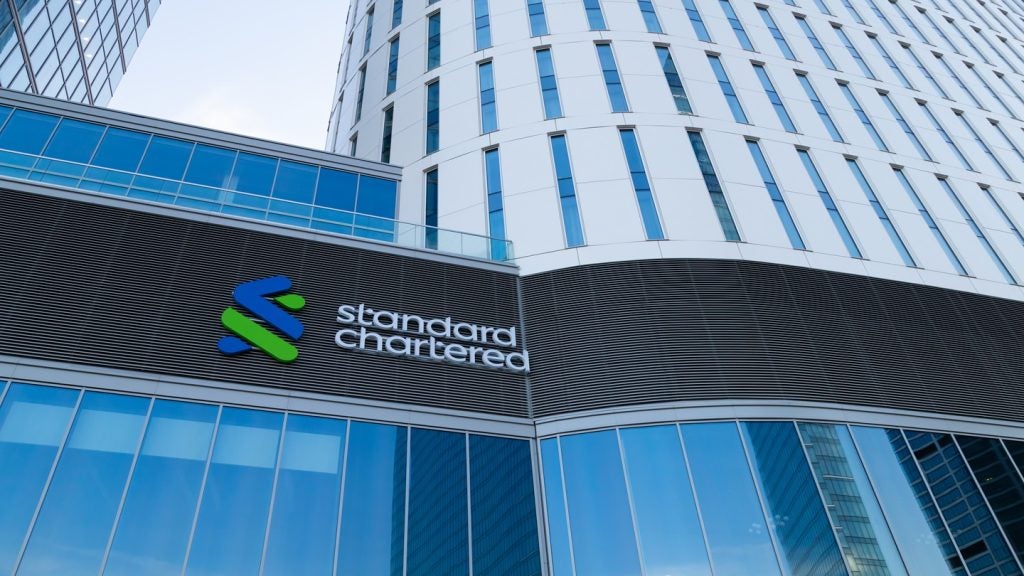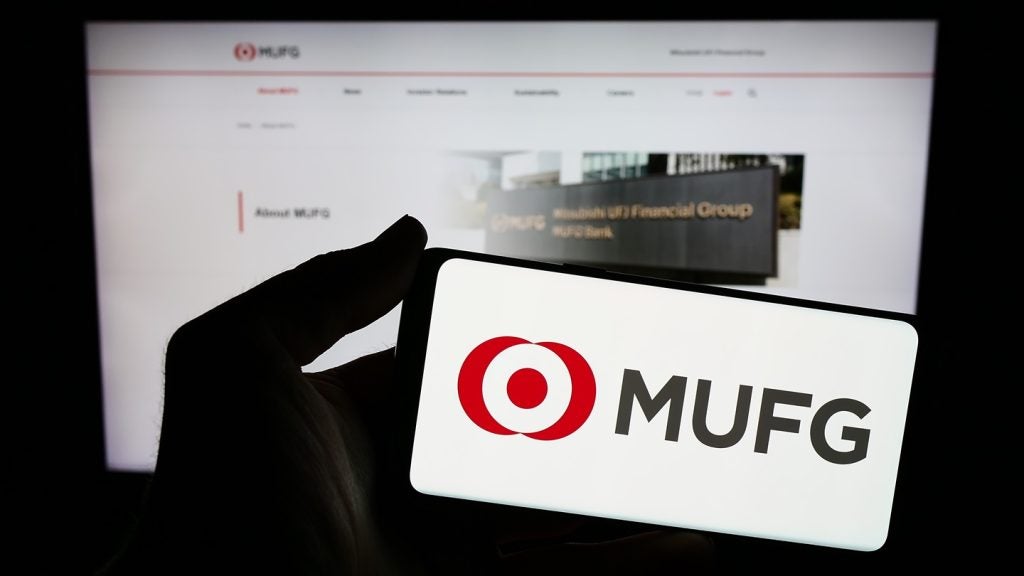Intesa SanPaolo Private Bank deputy CEO Saverio
Perissinotto is confident that client money will start flowing into
Italy during the final quarter of this year, once there is clarity
on plans by the G20 nations to provide tax amnesties for clients
with undeclared wealth overseas.
Client money will start to flow out of Switzerland more quickly in
the final quarter of the year as European tax amnesties start to
kick in, according to the deputy CEO of Intesa SanPaolo Private
Bank.
In an interview with Private Banker International, Saverio
Perissinotto said the focus on onshore asset gathering could
intensify as European governments move towards declaring tax
amnesties for individuals that have undeclared wealth
overseas.
Perissinotto said he does not expect to see client inflows start
until the final three months of 2009, when there is more clarity
from the G20 nations on their plans.
“It is likely we will see inflows of money coming back into the
country when that happens,” Perissinotto added.
He said the level of inflows would depend on the terms of the
amnesty, and said he understood there could be obligations for
clients who choose to bring money back onshore, including what
types of investments are made with the money when it returns to the
client’s domestic jurisdiction. Both of those will determine the
overall success of such a programme, he said.
How well do you really know your competitors?
Access the most comprehensive Company Profiles on the market, powered by GlobalData. Save hours of research. Gain competitive edge.

Thank you!
Your download email will arrive shortly
Not ready to buy yet? Download a free sample
We are confident about the unique quality of our Company Profiles. However, we want you to make the most beneficial decision for your business, so we offer a free sample that you can download by submitting the below form
By GlobalDataThe shift to onshore wealth management services could give private
banks linked to retail banking franchises like Intesa, the edge
over their rivals because they can leverage the parent bank’s
branch network and client base, particularly in the current
climate.
All wealth managers are suffering a profitability squeeze, but
those which have established onshore networks should be able to
grow their business more easily if they can persuade clients they
have a differentiated offering.
“A sales network which has a presence in the whole country is
important, particularly in Italy,” said Perissinotto.
“People see themselves as coming from Rome, Naples or Torino first,
and after that they see themselves as Italian, so you have to
behave and do business differently in different places. If we have
branches in these places, it allows us to more easily capture
business.
“The big players might come over to Italy and make a pitch to
Silvio Berlusconi, Luciano Benetton or other high-profile wealthy
clients, but Italian families have lots of wealth that’s based in
the regions and is not necessarily known by the big names.”
As well as the increasing importance of the onshore network,
Perissinotto said the other main issues in Italy currently were
shifting client priorities towards their wealth managers and
declining profitability.
“The landscape of private banking players has completely changed,”
he said.
“In the past we have been challenged by the glamorous foreign
institutions, but they are not in the same shape they used to be
in. We are witnessing a flight of capital to more traditional
institutions with healthy balance sheets, because counterparty risk
is still a perceived issue among clients [following the Lehman
Brothers collapse].”
Intesa has 100 dedicated private banking branches in Italy, with
1,200 staff, 650 relationship managers and €65 billion in assets
under management, excluding its fiduciary business. Around one
third of its AuM is discretionary, another third is in mutual funds
and trusts, with the remainder in securities, bonds and current
accounts held on behalf of clients.
Perissinotto added the bank is currently focusing on increasing the
number of clients on discretionary mandates, which tend to be more
profitable for the bank and work out better for clients.
“We are explaining to our customers that, at the end of the day, if
they give us a discretionary mandate we tend to do a lot better
then they do by managing it themselves,” he said.
“We are saying to them that markets can go up and down, but if
you’ve got the guts and a medium term perspective, this is a moment
we can catch opportunities in the markets.”
Intesa owns Banca Fideraum, a separate financial adviser network,
which had €40.2 billion under management at the end of 2008. An
investor presentation said the bank had total net inflows €2.9
billion in 2008, a figure which included client assets in its
retail, private and Fideraum networks.

COMMENT
The Italian wealth market’s always had a big offshore dimension –
with Ticino, Monaco and San Marino among the favoured
destinations.
And that’s unlikely to change much. It’s not clear whether another
formal scudo fiscale, along the lines of those in 2001 and 2003, is
planned. But even if an amnesty does get the go ahead, the terms
will be restrictive and the resulting asset flows limited. So I
wouldn’t be pinning much hope on that in my business planning, if I
were running an onshore bank.
The bigger challenge is to be more proactive in capitalising on
foreign banks’ misfortunes, raise the profile of local private
banks and educate Italian clients on the real benefits of a more
disciplined approach to wealth management. There is still far too
much wealth sitting in retail accounts. There are also real
opportunities to capture pockets of wealth outside the relatively
well-penetrated North.
• David Maude, Verona-based independent consultant







